Pleased to announce the first confirmed invited speakers for the Travel and Tourism Research Association 2019 Conference, 8-10 April 2019, TTRAEurope2019 @ Bournemouth University Department of Tourism and Hospitality, Tourism in the era of connectivity www.bournemouth.ac.uk/TTRA
Submit papers for the conference https://easychair.org/conferences/?conf=ttraeurope2019
The Travel and Tourism Research Association’s 2019 European Chapter Conference will be hosted by Bournemouth University Department of Tourism and Hospitality in Bournemouth Monday 8th to Wednesday 10th April 2019. This is a three-day conference that will include a doctoral colloquium day and industry best practice thread. The theme of the conference is Tourism in the era of connectivity and will cover a broad range of themes to ensure that we are inclusive of the widest range of tourism research. We look forward to welcoming you to Bournemouth University. #ttraeur19
Confirmed invited Speakers
Associate Professor Luisa Andreu Department of Marketing, Faculty of Economics, University of Valencia, Spain.
Luisa Andreu is Associate Professor of Marketing at the Department of Marketing, Faculty of Economics, University of Valencia, Spain.Luisa has a PhD in Economics and Business Administration from the University of Valencia (Spain), and a Master of Science in Tourism Management and Marketing from Bournemouth University (UK). She is a Member of American Marketing Science (AMS), European Academy of Marketing (EMAC), and the Spanish Association of Scientific Experts in Tourism (AECIT). She has participated in conferences organized by the Academy of Marketing Science (AMS), and co-chaired the Tourism Marketing track of the European Marketing Conference 2018 (EMAC), Tourism: State of the Art II and EuroCHRIE, among others. Luisa has also been engaged with the Advances in Tourism Marketing Conferences (ATMC). She serves as associate editor for the Journal of Hospitality and Tourism Research and Journal of Destination Marketing & Management. Luisa is a visiting scholar at University of Cambridge (UK) and Penn State University (US). Her research interests include the analysis of destination marketing, tourist behaviour, service marketing, corporate social responsibility and digital marketing.
Professor Alan Fyall, University of Central Florida, USA and coEditor of Elsevier’s Journal of Destination Marketing & Management
Professor Alan Fyall is Orange County Endowed Professor of Tourism Marketing and Graduate Programs’ Director at the Rosen College of Hospitality Management, University of Central Florida, and is a member of UCF’s National Center for Integrated Coastal Research. He has published widely in the areas of tourism and destination marketing and management including 22 books. Dr. Fyall is a former Member of the Bournemouth Tourism Management Board (DMO) and Board of Solent Synergy Limited in Southern England, and has conducted numerous consulting and applied research projects for clients in the UK, European Union, Africa, the Caribbean, USA, Central and South America, and South East Asia. Alan currently teaches International Tourism Management and Destination Marketing & Management and to date has examined 27 PhDs. He is coEditor of Elsevier’s Journal of Destination Marketing & Management. His current research interests relate to smart and sustainable tourism and destination resilience in Florida, the Caribbean and South East Asia.
Professor Scott McCabe Nottingham University and co-Editor of Annals of Tourism Research.
Professor Scott McCabe is Professor of Marketing and Tourism at Nottingham University and co-Editor of Annals of Tourism Research. Scott has held lecturing posts for 20 years and his main teaching roles are in tourist consumer behaviour, tourist experience, tourism marketing management and qualitative research methodologies. Prior to joining Higher Education Scott worked in the tourism and hospitality industry first in the Peak District National Park and then during his travels in Australia and South East Asia. Scott’s research interests include tourist experience and behaviour, non-participation and social equity issues in tourism often called ‘Social Tourism’, socio-linguistics and communication in tourism and ethnographic and qualitative research methodologies. He is the author of a number of journal articles and book chapters on these subjects. He has written a textbook: “Marketing Communications in Tourism and hospitality: Concepts, Strategies and Cases”; co-edited “Social Tourism in Europe: Theory and Practice; and in 2014 he edited the “Routledge Handbook of Tourism Marketing”. His main research interests include tourist consumer behaviour; tourist experience and consumption; non-participation, social equity and social exclusion in tourism; tourism marketing communications and representation in tourism promotion; qualitative sociological/ethnographic research methods in tourism.
Professor Tanja Mihalič University of Ljubljana, Slovenia.
Professor Tanja Mihalič is Professor at the Department of Economics and Head of Tourism Institute and Erasmus Mundus European Master in Tourism Management program at the Faculty of Economics the University of Ljubljana, Slovenia. Prof Mihalič is also the Vice dean for student affairs at the Faculty of Economics. Professor Mihalič is a member of the UNWTO World Committee on Tourism Ethics and a board member of the International Association of Tourism Economics. She is a co-editor or active member of editorial boards of many academic journals. She is also an expert evaluator for the European Commission. Her research interests include tourism economics and management, environmental economics, sustainability and educational and tourism industry values. She has experience in developing tourism educational and research programs and as adviser in sustainable and responsible tourism to national governments and EU and global bodies.
Professor Mike Peters, Department of Strategic Management, Marketing and Tourism, University of Innsbruck, Austria
Mike was born in Germany, completed his apprenticeship as a restaurant specialist and worked for several years in the hotel industry. He worked in small businesses in Bavaria where he learned the benefits but also problems that typical small businesses face. Mike studied Business Administration at the University of Regensburg Germany and the University of Innsbruck Austria and specialized in tourism and service economy. He completed his doctorate in 2001 and habilitated at the University of Innsbruck. In 2006 he was Research Fellow at Simon Fraser University in Burnaby (BC, Canada), in 2009, he was invited as Associate Visiting Professor at Hong Kong Polytechnic University (China). Mike has been president of the ICRET (International Center for Research and Education in Tourism) since 2009 and since 2018 he is the chapter president of the TTRA Europe (Travel and Tourism Research Association). Mike is the speaker of the Research Centre Tourism & Leisure at the University of Innsbruck, an initiative which serves as an interdisciplinary research platform for tourism research in Austria. Mike’s research focus is on researching the heterogeneity of family businesses and small businesses. He investigates factors influencing entrepreneurial behavior and tourism and hospitality firm’s success.
 Welcome to BU from China! From the beginning to the end of your studies at BU, let’s focus on the middle bit and the all-important ‘sandwich placement’!
Welcome to BU from China! From the beginning to the end of your studies at BU, let’s focus on the middle bit and the all-important ‘sandwich placement’!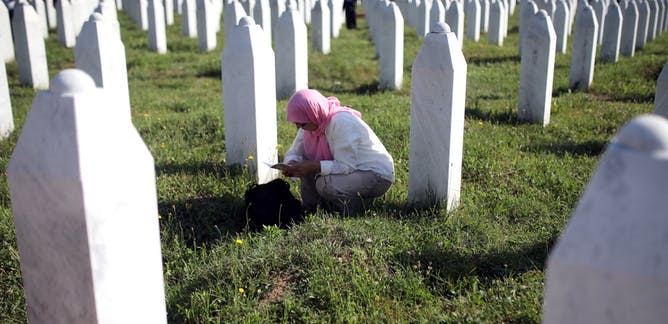
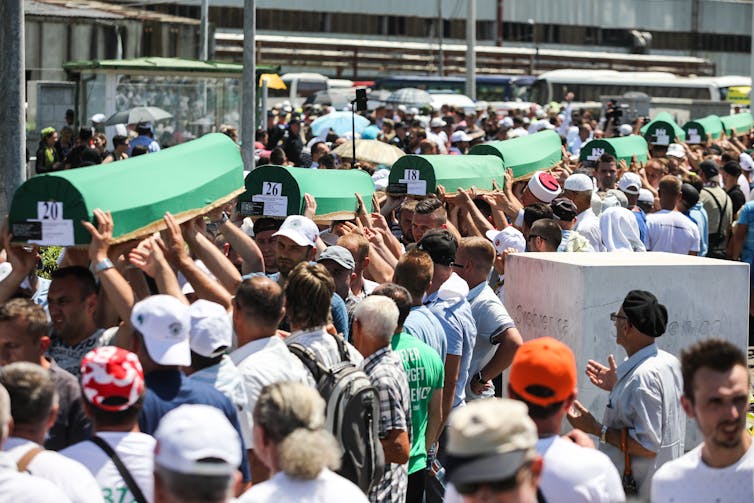


 Professor Genoveva Esteban (Department of Life and Environmental Sciences, Faculty of Science and Technology) in collaboration with the Freshwater Biological Association, is running an Advanced Training Course on Freshwater Taxonomy and Field Identification Skills for PhD students, early-career researchers, and post-grads.
Professor Genoveva Esteban (Department of Life and Environmental Sciences, Faculty of Science and Technology) in collaboration with the Freshwater Biological Association, is running an Advanced Training Course on Freshwater Taxonomy and Field Identification Skills for PhD students, early-career researchers, and post-grads.

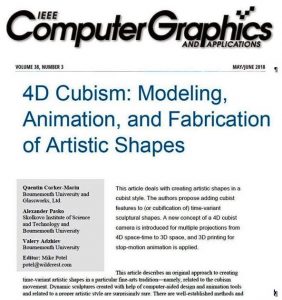
 On 2nd-3rd July 2018, the Doctoral College Research Skills and Development Officers Natalie and Clare attended the UK Council for Graduate Education Annual Conference ‘Creating Inclusive Postgraduate Cultures and Communities’ in Bristol where the initial findings of the PGR Communities Questionnaire were presented.
On 2nd-3rd July 2018, the Doctoral College Research Skills and Development Officers Natalie and Clare attended the UK Council for Graduate Education Annual Conference ‘Creating Inclusive Postgraduate Cultures and Communities’ in Bristol where the initial findings of the PGR Communities Questionnaire were presented.


 Every BU academic has a
Every BU academic has a  By clicking on this box, on the left of the Research Blog home page just under the text ‘Funding Opportunities‘, you access a
By clicking on this box, on the left of the Research Blog home page just under the text ‘Funding Opportunities‘, you access a 
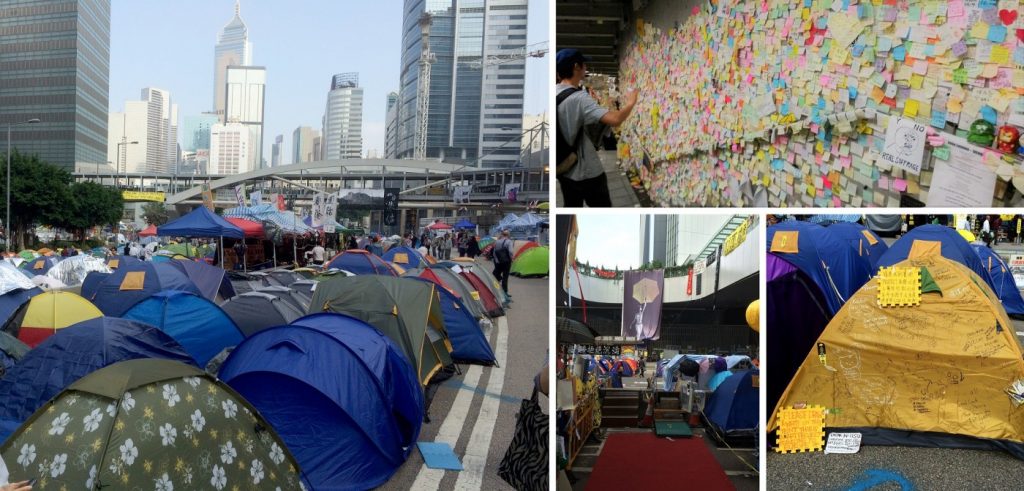

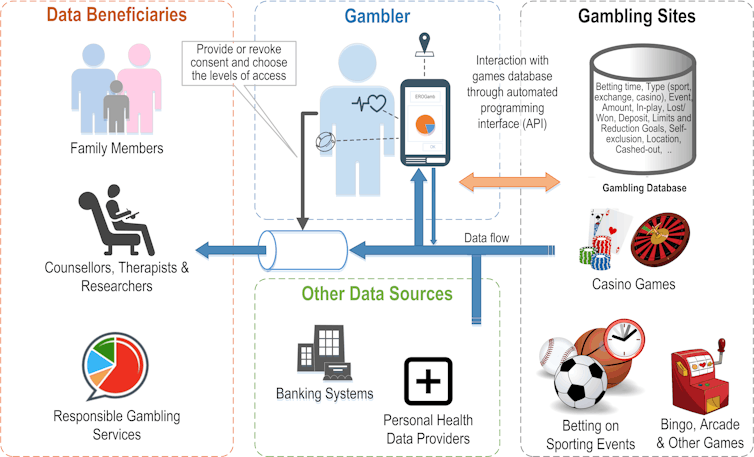











 BU Professor has been invited to a series of plenary and invited lectures.
BU Professor has been invited to a series of plenary and invited lectures. Research reaching non-academic audiences
Research reaching non-academic audiences April’s Café Scientifique – Should we help machines understand and respond to our emotions?
April’s Café Scientifique – Should we help machines understand and respond to our emotions? Postgraduate Research Experience Survey (PRES) 2024 – 2 WEEKS LEFT
Postgraduate Research Experience Survey (PRES) 2024 – 2 WEEKS LEFT Working with The Conversation: online training session – Wednesday 8th May
Working with The Conversation: online training session – Wednesday 8th May Apply for up to £1,000 to deliver an event and take part in a national festival of public engagement with research
Apply for up to £1,000 to deliver an event and take part in a national festival of public engagement with research MSCA Postdoctoral Fellowships 2024
MSCA Postdoctoral Fellowships 2024 Horizon Europe News – December 2023
Horizon Europe News – December 2023